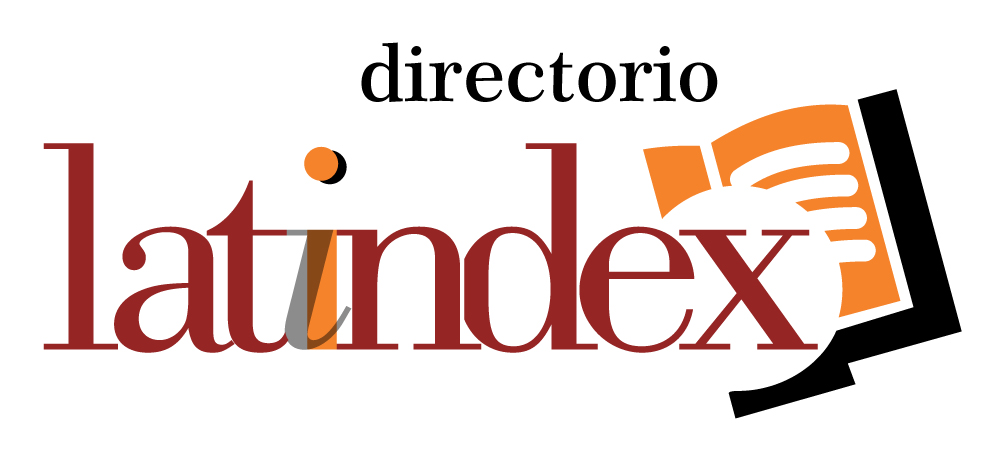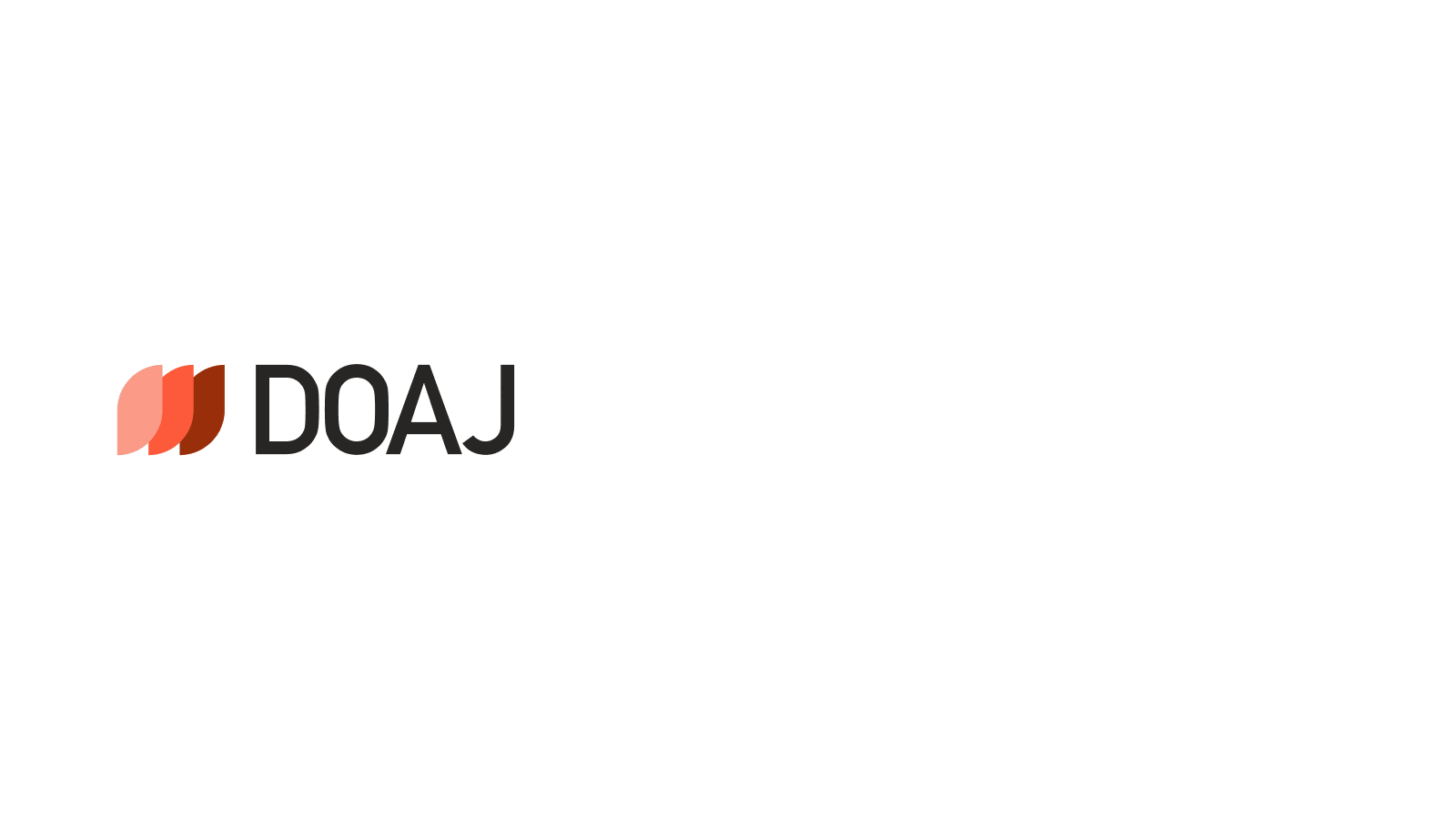Vol. 13 No. 2 (2022)

With joy and lightness, Inquietude brings to the public the number that marks the end of a crisis. But when it comes to subjectivity, thought, human history, orientation and language, how plausible is speaking in the absence of crises?
It seems a pressing question, which underlies and is glimpsed in the present issue.
On Language, rule and behavior, João Henrique Lima Almeida delves into Wittgenstein’s considerations of linguistic scope through a practice that expresses the spirit of a symbology of its own.
Next, Rafael dos Santos Ongaratto presents the theme, which does not suffer from obsolescence, of the conditions of knowledge and recovers a Kantian way to deal with the necessary relational incongruity of the human body.
Without further ado, Shênia Souza Giarola traces the points in which Francesco Guicciardini and Nicolau Machiavelli enter into (dis)agreement as to the human divine fortuna of historical forms of government.
Besides that Victor Fiori Augusto shows even ways of corruptibility notions as the Machiavellian (in)equality, without which there seems to be no politics, daring to reflect Brazil now.
Finally, there is a less disturbing way to end (to begin) the disturbing approach of this publication, than through the Levinasian ethical asymmetry and the terrifying tale of Clarice Lispector, proposed by Wellington Monteiro’s reading.
At first, one might think there is a tremendous thematic incoherence that hangs in this Inquietude's issue, although our proposal is to point out how this diversity of points of view finds some harmony among the cracks, even if it is the harmony of a crisis.
In this sense, we invite the reader, still, to contemplate the critical cover image artificially created by an intelligence as much or as much more able to find iconic subsistence in a brainstorm, which is the formula Symbolic alterations of the human history throughout the political language of conscience.
The editing.
************************************************************************************************
CORPO EDITORIAL CIENTÍFICO (NOMINATA)
Acríssio Luiz Gonçalves (UNA; UniBH, Belo Horizonte, MG, Brasil)
Flavia Roberta Benevenuto de Souza (UFAL, Maceió, AL, Brasil)
Grasiela Cristine Celich (UFSM, Santa Maria, RS, Brasil)
Hans Christian Klotz (UFG, Goiânia, GO, Brasil)
Helena Esser dos Reis (UFG, Goiânia, GO, Brasil)
Lucas Gabriel Feliciano Costa (UFG, Goiânia, GO, Brasil)
Paulo Henrique Silva Costa (CEFET, Varginha, MG, Brasil)
Pedro Augusto Pereira Guimarães (UFMG, Belo Horizonte, MG, Brasil)
Renato Moscateli (UFG, Goiânia, GO, Brasil)
Thiago Suman Santoro (UFG, Goiânia, GO, Brasil)








